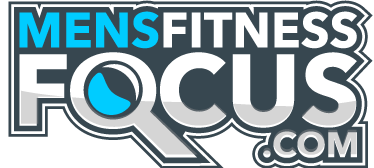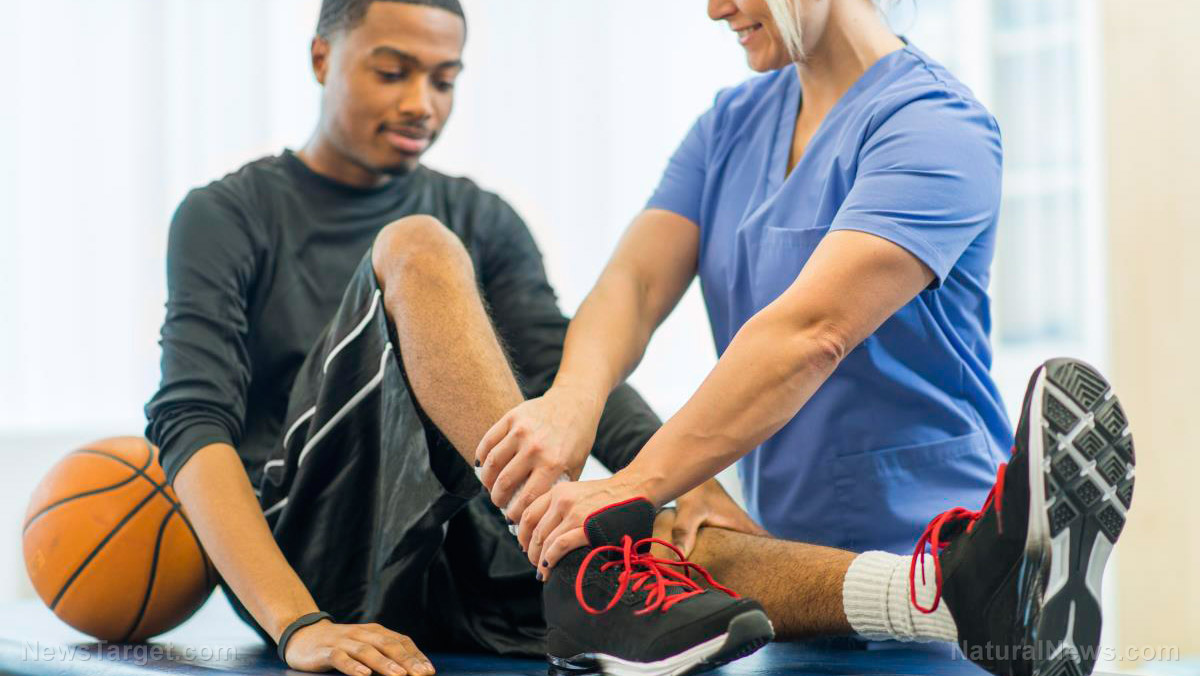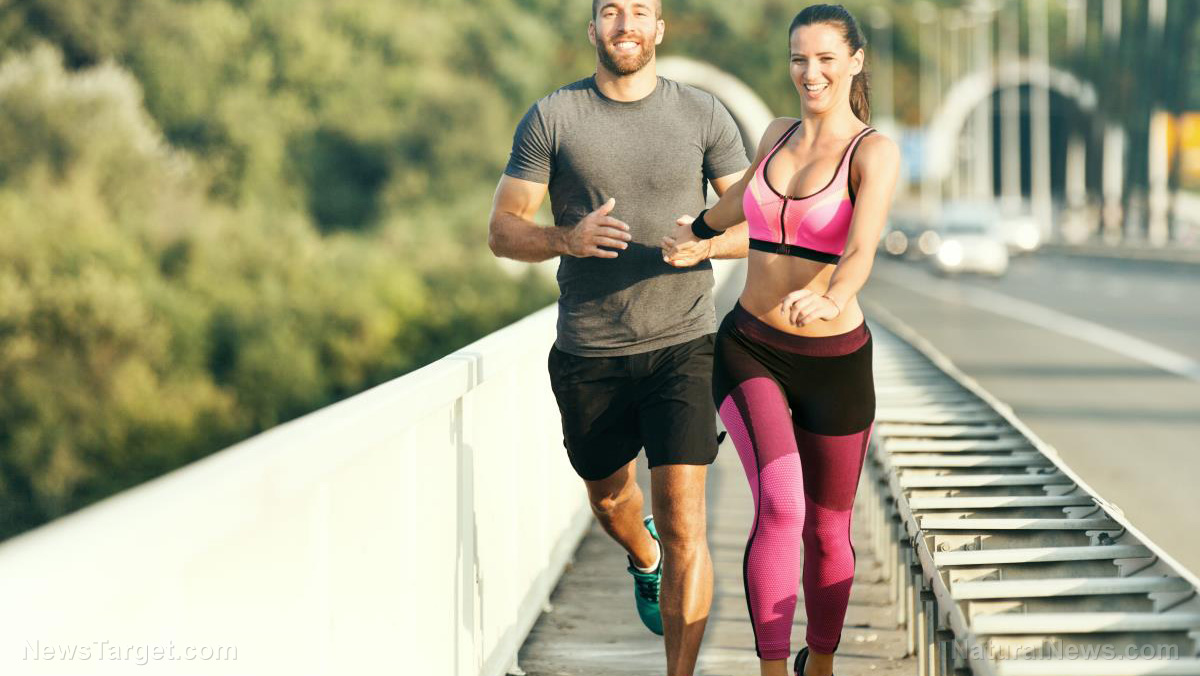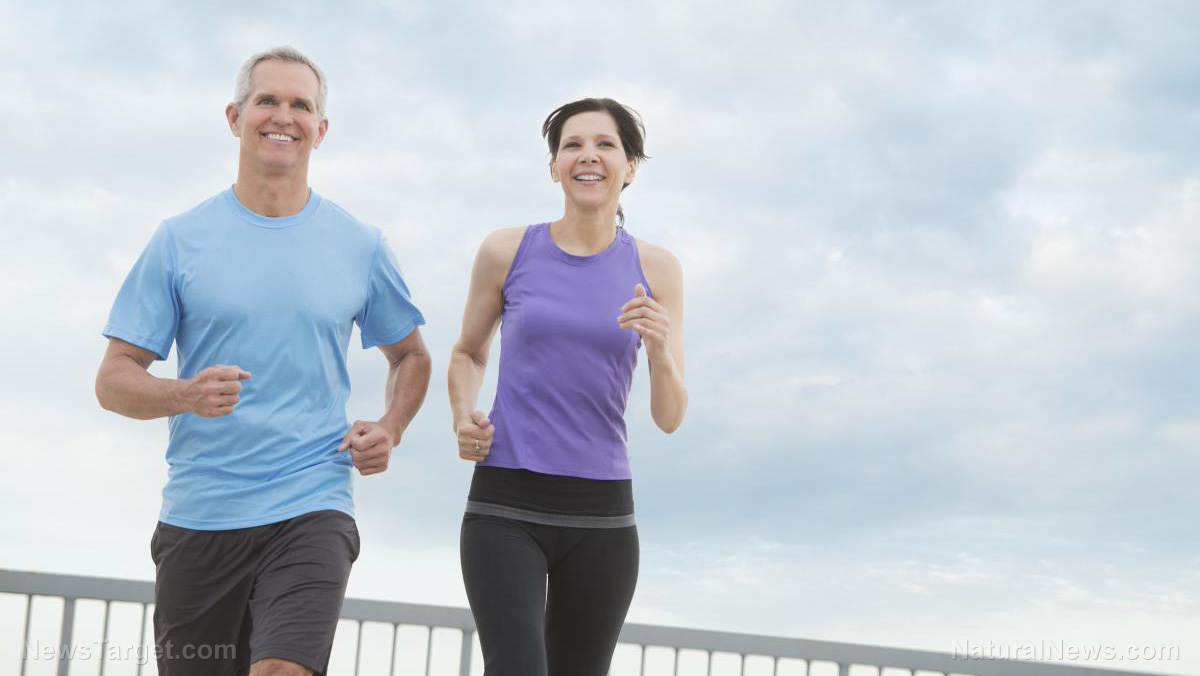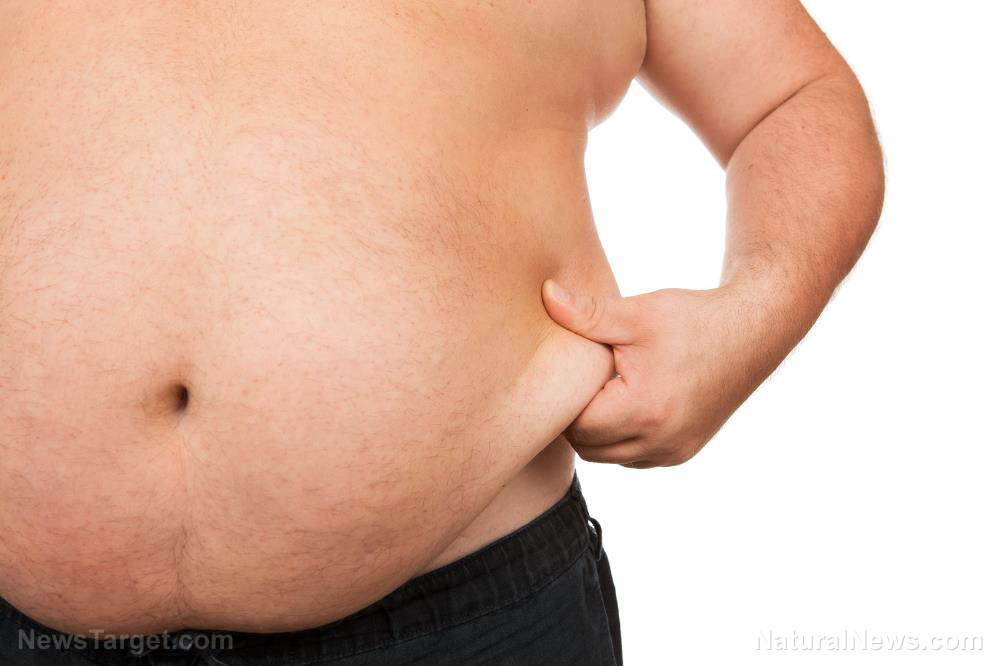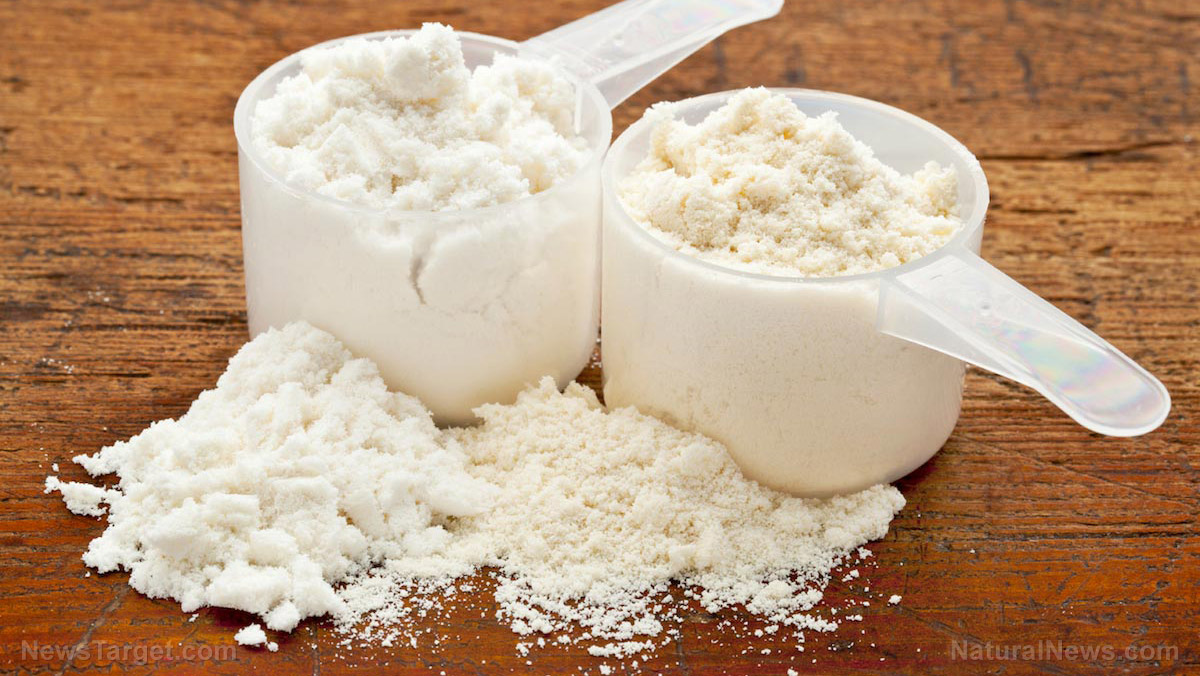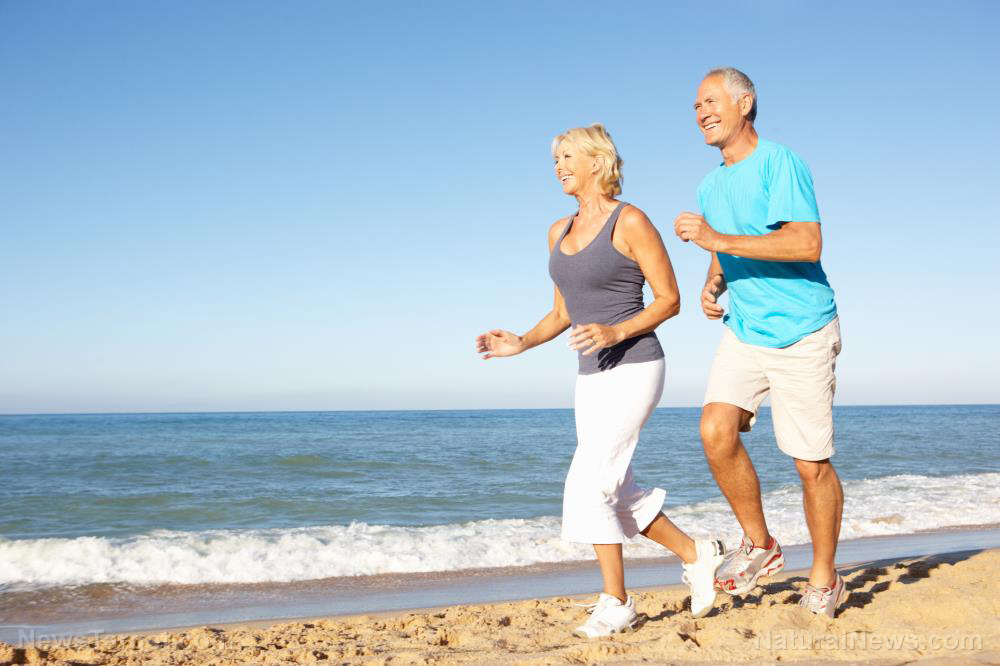Acupuncture found to calm heart rate, increase stamina in athletes engaging in high-intensity training
03/08/2018 / By Michelle Simmons

Acupuncture can normalize heart rate as well as increase the stamina of athletes undergoing high-intensity training, a study published in the Journal of Traditional Chinese Medicine has found.
Prolonged and high-intensity training sessions typically cause athletes to accumulate fatigue and show a decline in performance which increases the risk of sports injuries. Fortunately, recovery and athletic performance can be improved, and fatigue and risk of injuries can be mitigated through proper recovery strategies. Thus, a team of researchers from Khon Kaen University in Thailand looked at the effects of acupuncture therapy on the heart rate of athletes engaging in high-intensity training.
The study involved 24 elite soccer players who were undergoing a four-week, high-intensity training session. The study participants were then randomly assigned into two groups – acupuncture or sham acupuncture group.
The group given acupuncture therapy stimulated the acupressure points Zusanli, Hegu, Shenshu, and Chize for two times a week. On the other hand, the sham acupuncture group received a special placebo-needle technique on the same acupressure points. The researchers measured the heart rate variability parameters of the participants before and after interventions, respectively.
Results showed that the stress index greatly increased in the placebo group, whereas no significant difference was observed in the acupuncture group. A high stress index makes athletes feel anxious, raises mental pressure, and causes fatigue. This means that acupuncture therapy can reduce depression or anxiety disorders, as well as enhance recovery, according to the researchers. Moreover, the researchers wrote that an increase in parasympathetic activity in the acupuncture group indicated that it could be a means for faster heart rate recovery.
The findings of the study indicate that acupuncture therapy on certain acupressure points could strengthen the paraympathethic nervous activity and regulate the balance between parasympathethic and sympathetic activity in soccer players as they engage in high-intensity training.
“These findings suggest that acupuncture therapy can facilitate recovery during prolonged, high-intensity training and be an effective means for recovery in training,” the researchers wrote.
How acupuncture works
Acupuncture, a 3,000-year-old healing technique of traditional Chinese medicine, is a form of treatment wherein very thin needles are inserted through a person’s skin at specific points on the body, commonly referred to as acupuncture points or acupoints.
Traditional Chinese medicine is based on an ancient philosophy that describes the universe, and the body, in terms of two opposing forces called yin and yang. The body is healthy as a result of a balance between yin and yang. If the flow of energy is blocked, it can result in pain, lack of function, or illness.
With acupuncture therapy, it unblocks energy in the body and stimulate function, which prompts the natural healing response of the body through different physiological systems. Previous studies have shown that acupuncture is beneficial to the nervous, endocrine and immune, cardiovascular, and digestive systems. It can also help relieve pain, and improve sleep quality, digestive function, and sense of well-being.
There is also increasing evidence on the effectiveness of acupuncture in treating various conditions, which include musculoskeletal problems, such as back and neck pain, nausea, migraine, headache, anxiety, depression, insomnia, and infertility. (Related: Acupuncture for osteoarthritic knee pain – It’s more effective than conventional biomedicine, research shows.)
If you’d like to read more news stories and studies on traditional Chinese medicines, you may go to ChineseMedicine.news.
Sources include:
Tagged Under: acupuncture, Athletes, Autonomic nervous system, Chinese medicine, fitness, heart rate, high-intensity interval training, high-intensity training, natural medicine, recovery, soccer, stamina, TCM, traditional Chinese medicine
